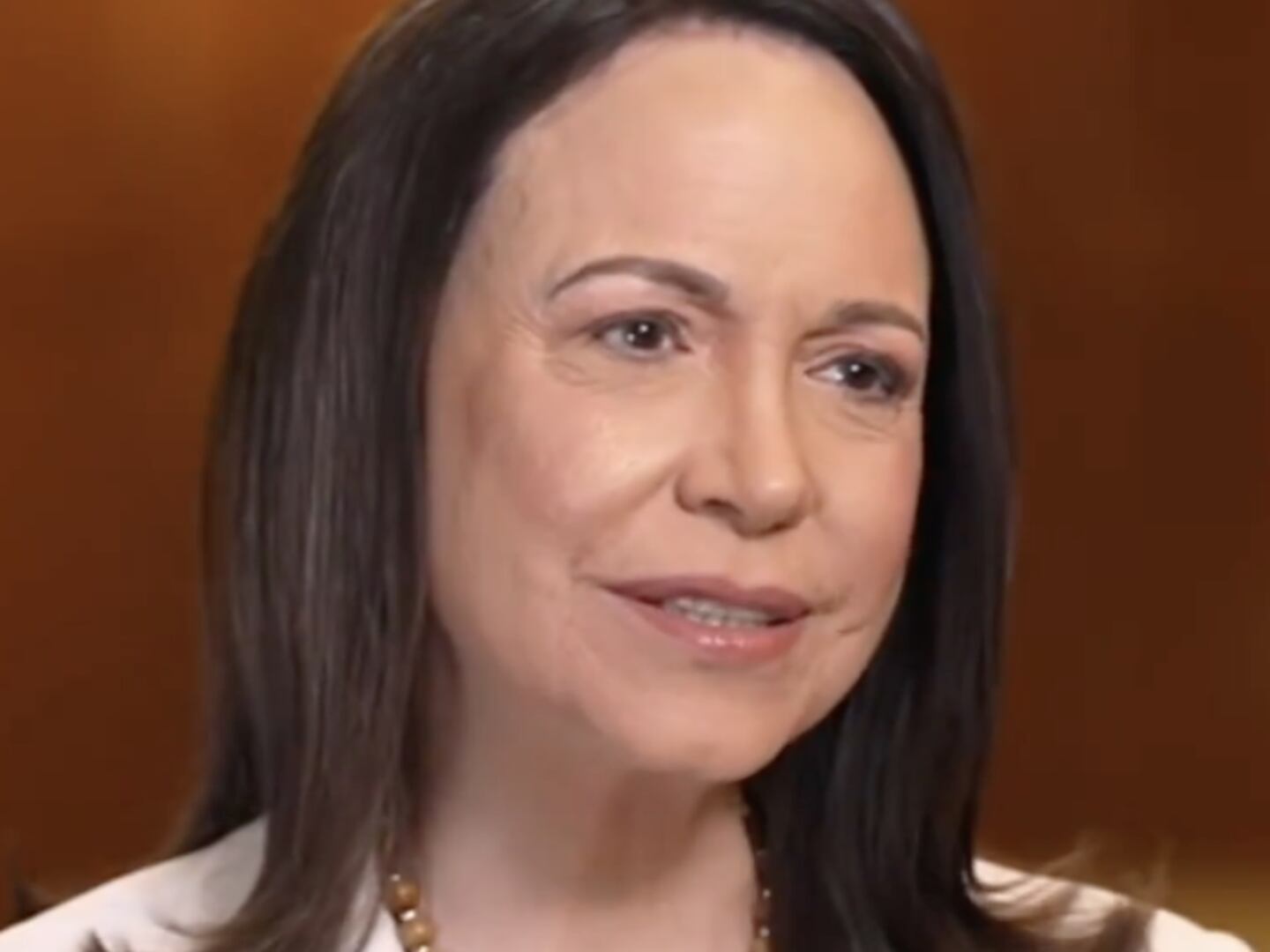Not long ago, Charlie Sheen led a cushy existence as the highest-paid actor on television, making people laugh on TV’s No. 1 comedy, Two and a Half Men. But on Tuesday, the actor was the center of attention in two separate courtrooms.

In downtown Los Angeles, an upbeat Sheen fist-pumped his way through a swarm of photographers, accompanied by one of his so-called goddesses—but ultimately lost his bid for sole custody of his two children with Brooke Mueller. About 20 miles away, near Santa Monica beach, the actor’s lawyers fought to keep his $100 million lawsuit against his former bosses in a public courtroom while lawyers for Warner Bros. and the show’s producers argued for private arbitration. After six-and-a-half hours, the judge took the matter under advisement, leaving no end in sight to Sheen Mania.
In the middle of this circus are the people who helped kick-start the most successful chapter of Sheen’s career, and who are now tasked with figuring out what to do with the eight-year-old Two and a Half Men franchise. Although no decisions have been made, several insiders told The Daily Beast that executive producer Chuck Lorre is fighting to keep the show alive without the star it was originally created for. Lorre, who declined to comment, wrapped production on his other hit CBS show, The Big Bang Theory, last week and will finish production on freshman comedy Mike and Molly tonight—clearing his packed schedule to concentrate on the possibility of moving forward with a ninth season of Two and a Half Men.
“Chuck’s told some people on set that he wants to make lemonade,” said an employee of Chuck Lorre Productions who requested anonymity. “He says we’re not done.”
Sheen also has been telling anyone who will listen to his “violent truth” that he’s not done either, and is in discussions to return to work next fall. But those who worked with him for eight years on Stage 26 at the Warner Bros. lot say that’s probably the funniest thing that’s come out of his mouth in a couple of years.
“Seeing how he was on set, and what he said subsequently in all those rantings, it’s hard to believe that he and Chuck Lorre would ever be in the same room together,” said one crew member who requested anonymity. “What would make anybody believe this wouldn’t continue? Why would anyone risk it? It’s impossible, really.”
In his lawsuit, Sheen claims that he endured years of being humiliated, harassed, and disparaged by Lorre. Those who worked with the two men said they never observed Lorre, who is known to yell and be demanding, picking on Sheen. In fact, Sheen was the only person allowed to smoke on set and the only actor who skipped the table reads on Mondays.
“Every week, it was like what’s going to happen in his crazy life next? It all went downhill very, very quickly,” said a crew member.
“It was only in the last month that we worked that you could see the relationship turn cold,” one crew member said. “You could see that Chuck was hurt by everything that was happening. He didn’t say much but he looked frustrated and upset.”
(Lorre did express himself in the vanity card musings that post at the end of each show, though, and some think he may have crossed the line when he wrote on Feb. 14, “If Charlie Sheen outlives me, I’m gonna be really pissed.”)
To outsiders, it would appear that Sheen’s self-destructive descent began last October, after he wrecked a room in a fit of rage at The Plaza in New York City, sending a terrified paid female escort to take cover in the bathroom. But those who worked closely with the actor at Two and a Half Men for its eight year-run told The Daily Beast that Sheen’s plunge into the dark side actually began after Denise Richards divorced him in 2006. (Neither Sheen nor his attorney, Martin Singer, responded to interview requests.)
During the first four seasons of the show, Sheen was a consummate professional, according to those who worked with him. Friendly but guarded with his co-workers, he focused on the work, was always prepared, and had a respectful relationship with Lorre. As soon as taping wrapped on Friday nights, he’d go straight home to Richards and their first-born daughter, avoiding social gatherings of any kind—even wrap parties.
Sheen and Richards divorced in the middle of the fourth season and Sheen married Mueller, who has her own addiction issues, at the end of the fifth in 2008. By then, his colleagues say, Sheen was beginning to party, but it was not affecting his performance.
His unraveling became more obvious in the seventh season. Still reliable on stage, Sheen’s attitude was changing. He’d complain to crew members about wanting to quit, and he stopped attending on-set support group sessions organized by Lorre and co-creator Lee Aronsohn, who are both recovering alcoholics.
“He hated being there and he’d tell us,” said one crew member. “He’d complain about his character’s costume and just being there in general. Some of us wondered if he was trying to play us and get us talking about that as a play for his contract negotiations.”
On Christmas Day 2009, mid-way through the seventh season, Sheen was arrested in Aspen, Colorado, on felony charges of threatening Mueller with a knife. That incident forced production to shut down in February 2010 for three weeks, and caused his colleagues to miss two weeks of pay.
“He didn’t apologize or say a thing to us,” a crew member said. “It was like it never happened. And then for the rest of that season, things just weren’t right. A lot of us thought the show was really done then.”
But Sheen surprised everyone and signed a new contract granting him $2 million an episode for the eighth and ninth seasons.
“It was great for us, but we all were wondering what he was going to be like after being off for three or four months in the summer,” another former colleague said. “We could see that he was changing.”
The concerns proved valid. When everyone returned to work last summer, the cast and crew couldn’t believe how “withered” Sheen looked. He’d lost weight, his voice was hoarse, and he was no longer on top of his game.
“But he delivered well enough,” said a crew member. “He was OK. And then he started not showing up for rehearsals or he’d come very late. I honestly can’t remember any day during that time that it didn’t seem like he’d had a rough night the night before.”
Then Sheen took the ill-fated trip to New York City in October, wound up in the hospital after a night of abusing cocaine and alcohol, according to court documents, and, again his problems became tabloid and late-night fodder.
“We knew then we were in trouble and he was in trouble,” one crew member said. “Once that happened, every week, it was like what’s going to happen in his crazy life next? It all went downhill very, very quickly.”
By the time Two and a Half Men taped its last show in December before the holiday break, Sheen had lost more weight, had deep circles under his eyes, and was skipping rehearsals, his co-workers said.
“The writers were having to write around him a lot,” one crew member said. “They had him sitting on a couch a lot, and the focus was more on Jon Cryer and [Angus T. Jones]. Charlie was forgetting his lines and he never did that before. He got progressively worse. Up close, you’d see that he was gaunt and pale and his eyes were crossed.”
It would only get worse.
Two and a Half Men took a four-week break for the holidays and taped its first show on Jan. 7. Sheen’s appearance had deteriorated even more during the hiatus, and when he returned, he was behaving erratically, hugging colleagues, and acting overly friendly. For the first time in the show’s history, Sheen appeared at a studio audience taping and knew none of his lines. Lost, he turned to Lorre for help and the executive producer just stared at him and shook his head, a crew member said.
“We would start a take and he’d be like—what was that line again? Oh, oh, yeah right,” a co-worker said. “The audience laughed nervously and I remember it being so uncomfortable. It was painful to see.”
“Everybody on set was freaking,” another crew member added. “He looked really bad in January. He was so thin and strung out.”
After the Jan. 7 show wrapped, Sheen left for Las Vegas on his now infamous three-day bender, where he partied with porn stars and crashed a comedy special Drew Carey was taping. According to documents filed in court by Warner Bros., Sheen was late returning to set from that trip, skipped an entire day of rehearsals that week, and was late to two others, including the last one on tape night, Jan. 14.
“I know that Chuck reached out and tried to help him," a co-worker said. "I know his high school friends were trying to help him. But Charlie was in denial. He would always say he’s got it, he’s fine.”
Through all of Sheen’s ups and downs over the last two years, including after the physical attack on Mueller in Aspen, his network and studio bosses publicly stood by him, reasoning that his off-camera behavior did not interfere with his professional performance. Even on Jan. 14, after Sheen had spent a week ditching work, CBS President of Entertainment Nina Tassler said during a press conference that there was “concern on a personal level. But you can’t look at it simplistically. Charlie is a professional. He comes to work. He does his job extremely well.”
CBS declined to comment Tuesday.
In late January, CBS and Warner Bros. finally took action when another two-day bender put Sheen back in the hospital. Production was temporarily shut down so that Sheen could go to rehab again. But the actor’s failure to do so, coupled with his many bizarre TV and radio rants in which he railed against his bosses, especially Lorre, first caused the show to be canceled for the rest of the season, and ultimately, for Sheen to be fired.
“All of that was so shocking,” said a crew member. “We knew he was disgruntled but to do that was really outrageous. It’s pathetic and it’s really very sad. A lot of us still have a lot of anger toward him but now, probably like Chuck, we just want to move on. We all got burned for a bunch of money but it’s not the end of the world. We don’t wish terrible things for him. I just don’t ever want to see him again. I definitely don’t want to work with him.”
Maria Elena Fernandez is a senior entertainment reporter for Newsweek/The Daily Beast. She previously covered television and nightlife for The Los Angeles Times and spent many years on the crime beat, writing for The Washington Post and the Atlanta Journal-Constitution. She also worked at the Fort Lauderdale Sun-Sentinel, where she covered the AIDS epidemic. Her children's book, The Secret of Fern Island, was published in 1996 under a pseudonym so that she wouldn't be stalked by screaming children.






